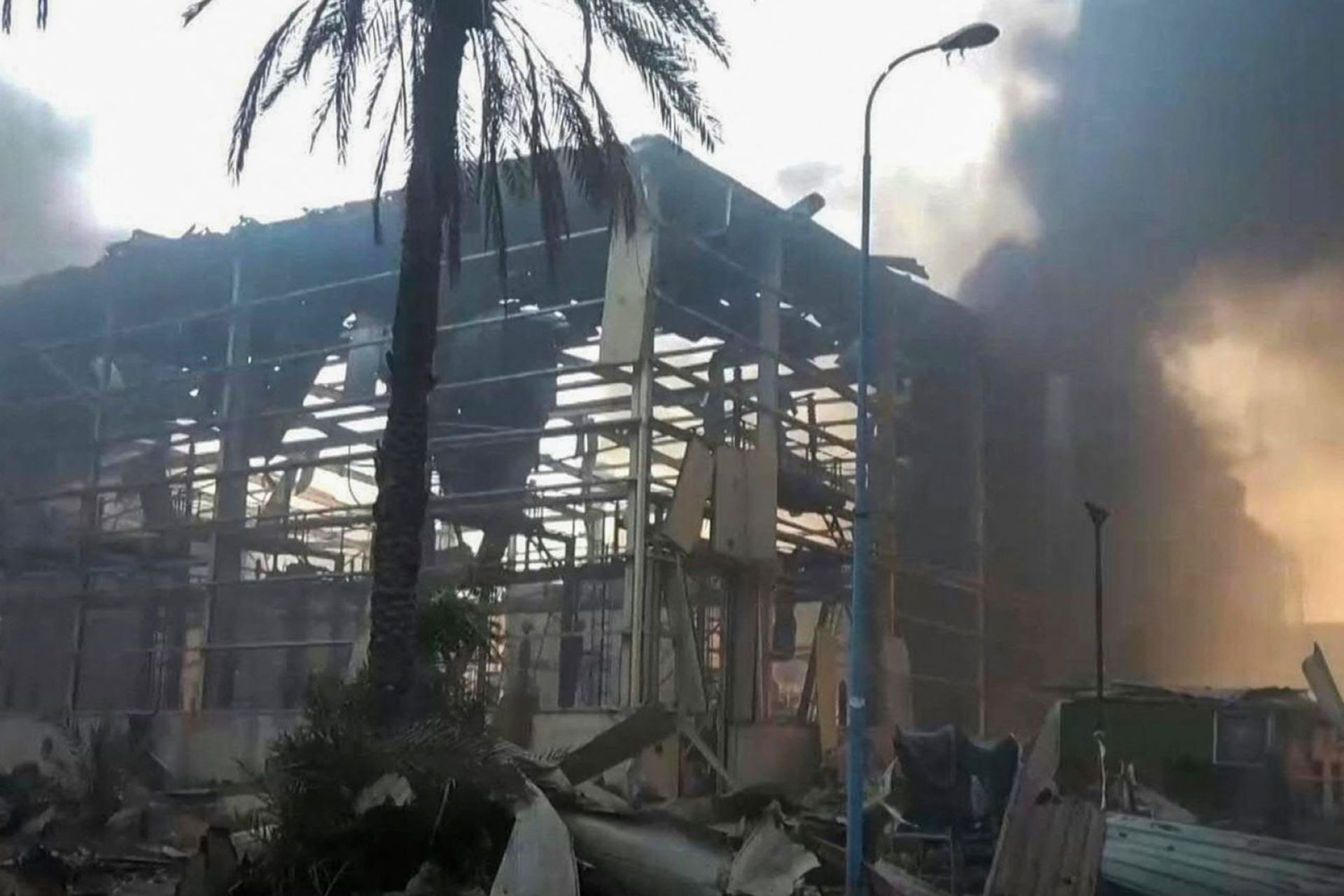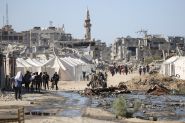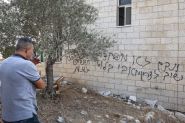- Home
- Middle East
- Deadly Israeli Raids in Yemen During Visit By WHO Boss

©Ansarullah Media Center / AFP
Israeli strikes on Thursday targeted sites controlled by Houthi rebels in Yemen, including Sanaa airport, where the head of the WHO was visiting, killing at least six people according to the insurgents.
The Director-General of the World Health Organisation, Tedros Adhanom Ghebreyesus, was at the capital's airport at the time of the bombing and said on X that he was ‘safe and sound’. However, a member of his plane's crew was injured.
Mr Tedros is part of a delegation visiting Yemen to try to secure the release of 17 UN staff members held by the Houthis and to take stock of the catastrophic health situation in the country, which is in the throes of a civil war.
According to a statement from the local civil aviation authority, the strikes occurred just as the UN delegation's aircraft ‘was about to embark on a scheduled flight’.
The Israeli army confirmed the raids, which it said were carried out against ‘military targets’ in response to ‘repeated attacks’ by the Houthis.
The Houthis control vast swathes of Yemen, including the capital Sanaa, and are supported by Iran, Israel's sworn enemy. Since the start of the war unleashed in the Gaza Strip on 7 October 2023 by an unprecedented attack on Israeli soil by the Islamist movement Hamas, they have launched numerous attacks against Israel in ‘solidarity’ with the Palestinians.
Prime Minister Benjamin Netanyahu warned that his country would continue to strike at the Houthis ‘until the job is done’. ‘We are determined to cut off this terrorist branch of the Iranian axis of evil.’
UN Secretary General Antonio Guterres condemned the ‘escalation’ of tensions between Israel and the Houthis in a statement. He added that the strikes followed ‘a year of escalation by the Houthis’.
On Thursday, Sanaa airport was the target of ‘more than six’ strikes, a witness told AFP. The nearby al-Dailami airbase was also targeted.
A total of six people were killed at the airport, the Houthis said on their Telegram channel.
Since 2022, only Yemen's national airline Yemenia has operated a limited commercial service from Sanaa airport, with Amman as its main destination. Between 2016 and 2022, it only hosted humanitarian flights operated by the UN.
Sanaa airport will reopen on Friday, the local civil aviation authority announced.
In the Hodeida region, in western Yemen, a power station was also hit by the strikes, according to a witness and a rebel statement.
These strikes constitute ‘a Zionist crime against the entire Yemeni people’, said Mohammed Abdelsalam, a spokesman for the Houthis.
The Israeli army said it had also targeted the Hezyaz and Ras Katanib power stations’ as well as “military infrastructure in the ports of Hodeida, Salif and Ras Katanib, on the west coast”.
‘We are going to hunt down all the Houthi leaders and hit them as we have done elsewhere. No one will be able to escape us’, threatened Defence Minister Israel Katz.
The rebels are also attacking ships they believe have links with Israel, the United States or the United Kingdom, in the Red Sea and the Gulf of Aden, despite retaliatory strikes on their territory also carried out by the US army.
They are part of what Iran calls the ‘axis of resistance’ to Israel, which also includes Hamas, Iraqi groups and the Lebanese Hezbollah.
Iran condemned the Israeli strikes, as did Hamas.
The raids come a day after the Houthis claimed responsibility for firing a ballistic missile and two drones against Israel.
On Monday, Benjamin Netanyahu said he had asked the army to ‘destroy the infrastructure’ of the rebels, whose missile two days earlier injured 16 people in Tel Aviv, in central Israel.
Most Houthi attacks against Israel have been thwarted or have caused only material damage. But in July, an Israeli civilian was killed in Tel Aviv when a drone fired from Yemen exploded. Israel also retaliated with deadly strikes on Hodeida.
The Houthis took control of the Yemeni capital in 2014 after a lightning offensive, triggering a bloody conflict with the government recognised by the international community.
With AFP.
Read more



Comments